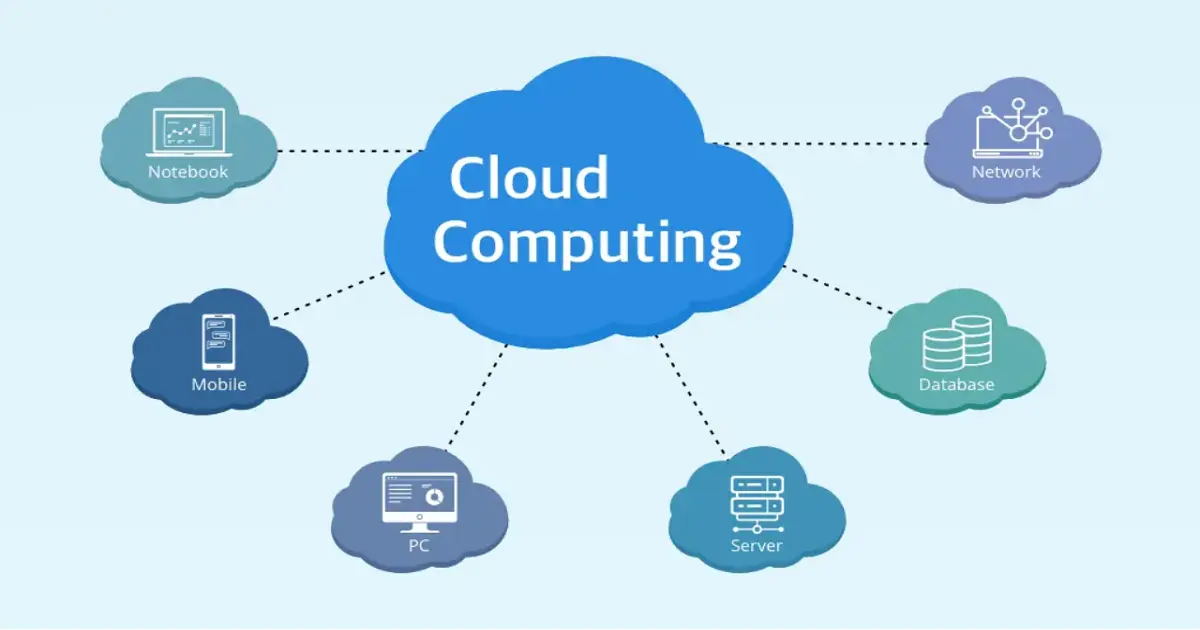Computer literacy has become a fundamental skill in today’s fast-paced world, where technology is integral to daily life. Understanding computers, navigating the digital landscape, and harnessing the power of technology have become essential for individuals of all ages. The article explores the importance of computer literacy and how it empowers individuals to thrive in the modern era.
Defining Computer Literacy

Computer literacy goes beyond simply turning on a computer. It encompasses a thorough comprehension of how computers function, the ability to use software applications effectively, and the ability to navigate the digital landscape seamlessly. In a world where technological advancement and digital transformation are the norm, computer literacy is now more than just a skill; it is a necessity for survival. We have become accustomed to navigating computers and their applications every day.
The Significance of Computer Literacy
Computer literacy isn’t restricted to a particular age group or profession. It matters because it empowers individuals to interact confidently with the contemporary world. From simple tasks like online communication to intricate pursuits like coding and data analysis, computer literacy opens up endless avenues of possibility.
Critical Aspects of Computer Literacy

Proficiency with Hardware
Grasping the fundamental components of a computer, including the central processing unit (CPU), memory, storage, and peripherals, forms the bedrock of hardware proficiency.
Comprehending Software
Computer literacy involves understanding how to operate software applications. This ranges from word processing and spreadsheet software to graphic design and video editing tools.
Navigating Digital Communication
In the digital age, effective communication frequently takes place online. Computer literacy empowers individuals to easily navigate email, social media, video conferencing, and other communication platforms.
Computer Literacy in Education
Educational institutions recognize the significance of computer literacy. Students with digital skills are better prepared for academic success and future careers.
Enhancing Professional Opportunities
Computer literacy is a prized asset in the job market. Mastery of productivity software and industry-specific tools can give candidates a competitive advantage.
Bridging the Generational Gap
Computer literacy bridges the generation gap. Older individuals can connect with younger family members through technology, fostering closer relationships.
Navigating the Digital Age Securely
Computer literacy encompasses knowledge about online security. Understanding best practices for evading scams, safeguarding personal information, and using robust passwords is imperative.
Surmounting Technological Hurdles
Computer literacy aids individuals in overcoming their fear of technology. It empowers them to embrace new devices and software without trepidation.
Fostering Problem-Solving Skills
Engaging with technology necessitates problem-solving. Computer literacy nurtures this skill as individuals learn to troubleshoot software issues and adapt to technological changes.
Digital Citizenship and Ethics
Computer literacy includes understanding digital ethics and practicing responsible online behavior. This entails respecting privacy, disseminating accurate information, and combating cyberbullying.
The Evolution of Computer Literacy
Computer literacy has evolved from essential computer operation to encompass many skills, reflecting the ever-changing digital landscape.
Future Trends in Computer Literacy
As technology continues to advance, computer literacy will evolve further. Future trends encompass virtual reality education, AI integration, and enhanced cybersecurity training.
The Role of Lifelong Learning
Computer literacy is an ongoing journey. Lifelong learning is pivotal to remaining current with the latest software, tools, and digital trends.
If you want to know about Cloud computing let’s delve into this article.
Frequently Asked Questions (FAQs)
Q1: Is computer literacy only crucial for young people?
A: No, computer literacy benefits individuals of all ages by enabling effective engagement with the digital world.
Q2: What are some essential software applications to learn?
A: Starting with word processing software, spreadsheet software, and communication tools like email is a good foundation.
Q3: How does computer literacy impact job opportunities?
A: Computer literacy enhances job prospects, as most workplaces require digital skills for diverse tasks.
Q4: Can computer literacy help me stay safe online?
A: Yes, computer literacy equips individuals with knowledge about online security, aiding them in avoiding potential risks.
Q5: Is computer literacy a one-time achievement?
A: Computer literacy requires continuous learning to adapt to evolving technology and digital trends.
Conclusion
In a technology-dominated world, computer literacy is not a luxury. It’s a necessity. It empowers individuals to communicate, learn, work, and innovate within the digital sphere. By acquiring and nurturing these skills, individuals from all walks of life can confidently navigate the complexities of the modern era.





